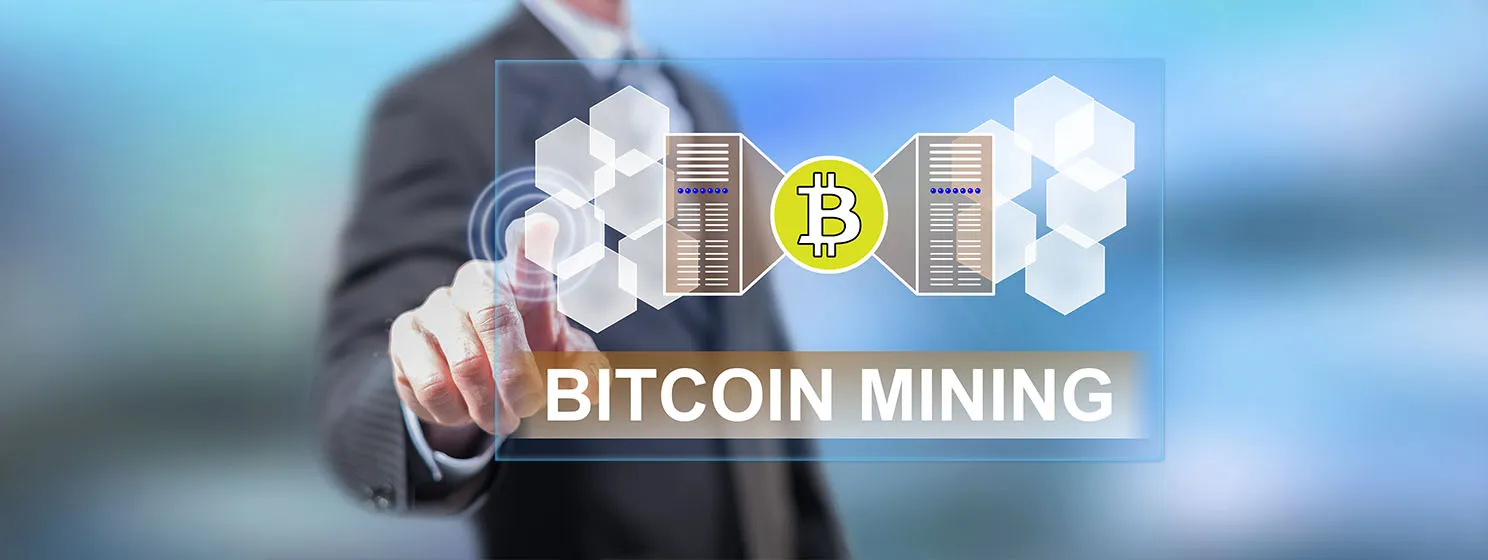|
Getting your Trinity Audio player ready...
|
One of the primary reasons that Bitcoin Cash (BCH) was introduced as a fork of Bitcoin Core (BTC) was because many understood how far removed BTC was from the original design of Bitcoin. Unfortunately, it took less than a year for many of the BCH developers to start pulling the same stunts as did the BTC developers, trying to take control of the network in order to use it as they saw fit. This included introducing new “features” or “traits” that were supported by only a small handful of individuals, regardless of whether or not the ecosystem supported those additions. BCH is still leading the same type of centralized mentality, driven by the whims of only a few individuals and excluding the network on how things are to materialize.
A recent social media conversation between a couple of BCH developers shows how centralized the developers expect the network to be. Regardless of what has been explained about blockchains and how solutions are meant to be collective decisions, some developers still continue to work in their own direction with a complete disregard of the issues they might cause.
Jonathan Toomim, an established BCH developer was talking to another BTC/BCH developer, Amaury Séchet, on the subject of mainnets and testnets. Toomim stated, “…[But] occasional mainnet tests are useful as well because (A) mainnet has infrastructure that testnets do not, and (B) many people don’t pay attention to testnets and won’t be aware of their systems limitations unless they are exposed on mainnet.”
Testnets exist for a reason, as they allow different programs, applications and coding to be tested and tweaked without interfering with normal and live operations. It’s possible that a solution sent to the mainnet to be tested contains an egregious flaw that could wipe out the network. This is similar to one of the theories surrounding what happened recently with Bitfinex and the loss of $40 million in BTC.
Toomim at least was generous to say that mainnet testing should be limited to “a couple of hours or less.” Since it takes less than three seconds for a transaction to be registered, a couple of hours is about 7,200 seconds too long.
Looking at Toomim’s logic, a couple of scary issues stand out. If the testnet doesn’t have the same infrastructure, then the testing will not be equivalent or as robust, which makes it not as legitimate. Stating that “many people don’t pay attention…” is indicative of a lack of nonchalance on the part of developers to properly structure the code of the blockchain. This can have serious, and dire, ramifications down the road. Developers must pay attention – it’s one of the main components of their purpose. Imagine an airline manufacturer such as Boeing saying, “We’ll just test this new fuel in the air on a full transatlantic flight.” Wow.
Séchet responded correctly to the argument that the mainnet tests are useful by stating, [Stress tests on mainnet are called DDOS [dedicated denial of service] attacks and should be considered as such.
A user by the name of “im_uname” added, “On mainnet: if there’s a wide desire to do it anyway, it’s probably best to limit it to ‘pinging’ the network with just a few blocks’s [sic] worth of tx. That’ll already make alarms flare up and kick people’s ass but not cause as much trouble as a whole-day test.”
Many BCH developers still don’t get it. The blockchain is not their personal playground. It is a tool that needs to be treated with respect and seriousness. This is why Bitcoin SV (BSV) keeps the Bitcoin design alive, because Bitcoin was already mature when it was created. It doesn’t need to undergo constant changes like what is seen with blockchain projects such as BTC and BCH.
https://www.youtube.com/watch?v=gBb9FSxfyVs

 09-03-2025
09-03-2025 





